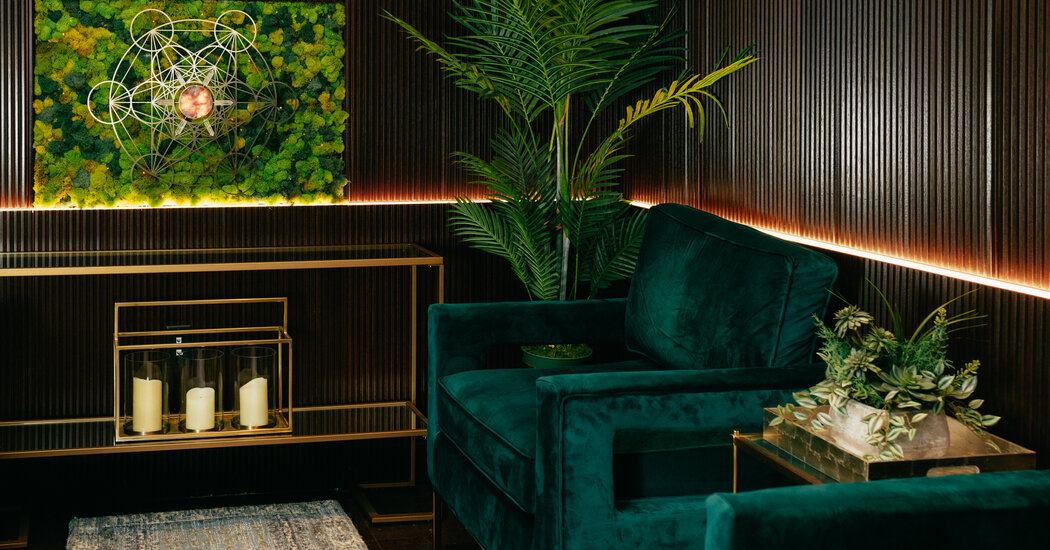People are paying thousands for exhaustive medical tests and treatments like plasma exchange and peptide therapy. How much does it benefit them?
Iain Tait is not obsessive about his health. He enjoys a drink and a party; he doesn’t wear a fitness tracker.
But Mr. Tait, 50, does pay more than $20,000 a year for a membership to Hooke, a private health clinic based in London with an emphasis on longevity.
Discovering he had high cholesterol, and the sudden death of a friend from a heart attack, persuaded Mr. Tait, a wealth manager, to take his health more seriously. “Something’s changed to make you feel a little bit vulnerable,” he said, “and then you’re thinking about your own mortality.”
It turns out many people are willing to pay a lot of money to try and stave off feelings of mortality: High-end health and longevity clinics are ballooning. Firm data on the industry is scant, but by one estimate there are as many as 800 such clinics in the United States alone. At some, people pay five-figure annual membership fees to gain access to a barrage of medical tests and personalized health recommendations. At others, à la carte anti-aging treatments can cost thousands of dollars for a single session.
Patients say that they feel rejuvenated by the interventions, and that while the plethora of data can be overwhelming, it ultimately helps them feel more in control of their health. But experts worry that these clinics are capitalizing on people’s fears of aging and death without offering many tangible benefits — because almost none of this is covered by insurance, or proven to prolong one’s life.
It’s almost like ‘being turned inside out.’
The initial step at many longevity clinics is a thorough evaluation, which can include several types of imaging (such as CT, M.R.I. and DXA scans), blood panels, a fitness assessment, cognitive testing and genome sequencing to tell you not just about the state of your health now, but what you might face in the future.
